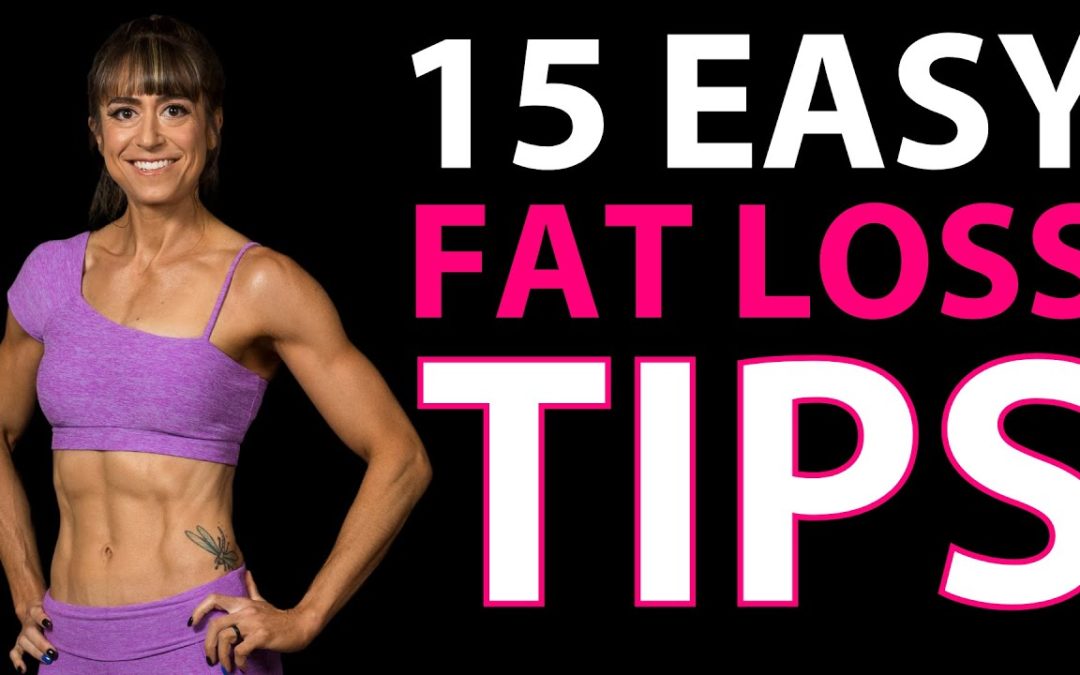
by Cori Lefkowith | Nov 23, 2025 | Blog, Diet
You’re making great progress. Really sticking to the program and seeing great results. Your pants are fitting looser. Your workouts are feeling good. You feel dialed in. But then…your results start to slow. And a few weeks go by where you feel like you aren’t making...

by Ashley Cashdollar | Oct 16, 2025 | podcast
I’m Cori Welcome To The Redefining Strength Podcast Listen on Spotify Listen on YouTube Listen on Podcast Addict Listen on Amazon Music HIDE TRANSCRIPT SHOW TRANSCRIPT Cori (00:00):Welcome to the Redefining Strength Podcast. Everything you need to succeed on...

by Cori Lefkowith | Aug 7, 2025 | podcast
Listen: Change Requires CHANGE If you’re feeling stuck and know deep down that you could be doing better, don’t wait any longer. Your life is not going to change until you take action and make a bold move towards your goals. If you’re ready to take control of your...

by Cori Lefkowith | Apr 10, 2025 | podcast
Listen: Change Requires CHANGE If you’re feeling stuck and know deep down that you could be doing better, don’t wait any longer. Your life is not going to change until you take action and make a bold move towards your goals. If you’re ready to take control of your...

by Cori Lefkowith | Apr 17, 2022 | Blog, Diet, fat loss-featured
Struggling to lose weight? Need that little tip to kickstart your results? Well let me save you a lot of wasted time and effort experimenting to find what works and share 15 tips I’ve found to make all the difference in my results. CHECK OUT THE FULL VIDDEO BLOG...






